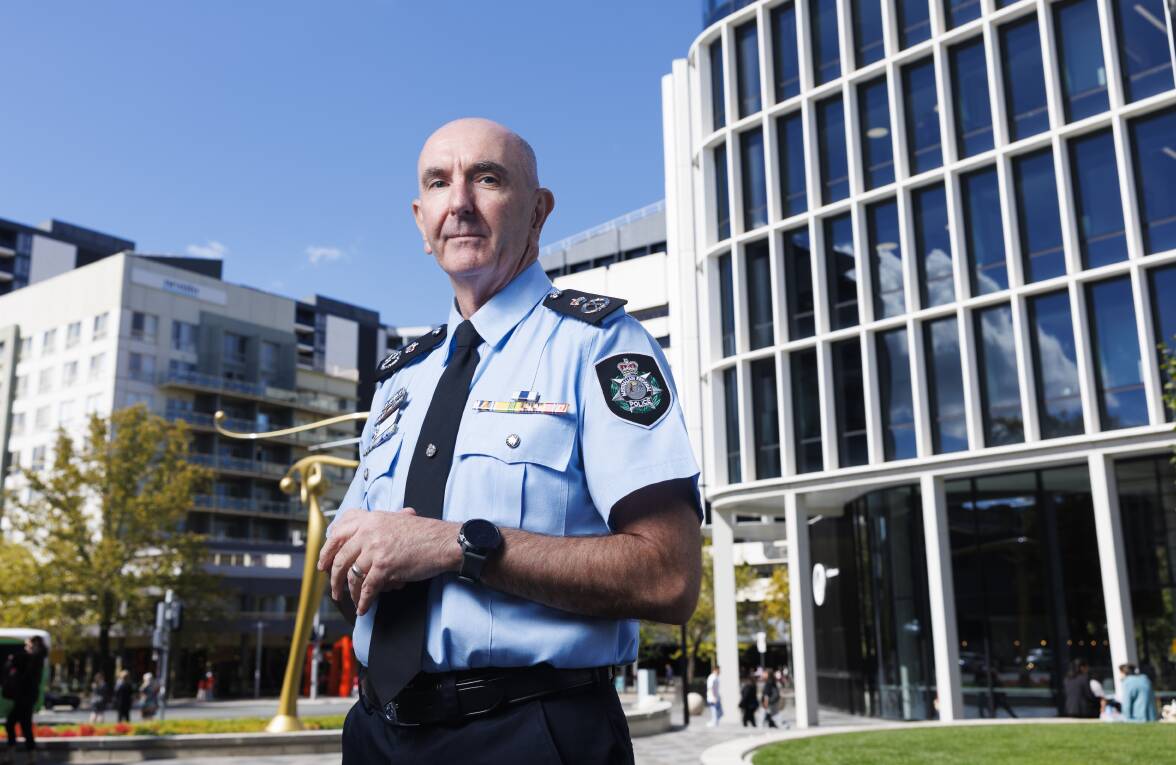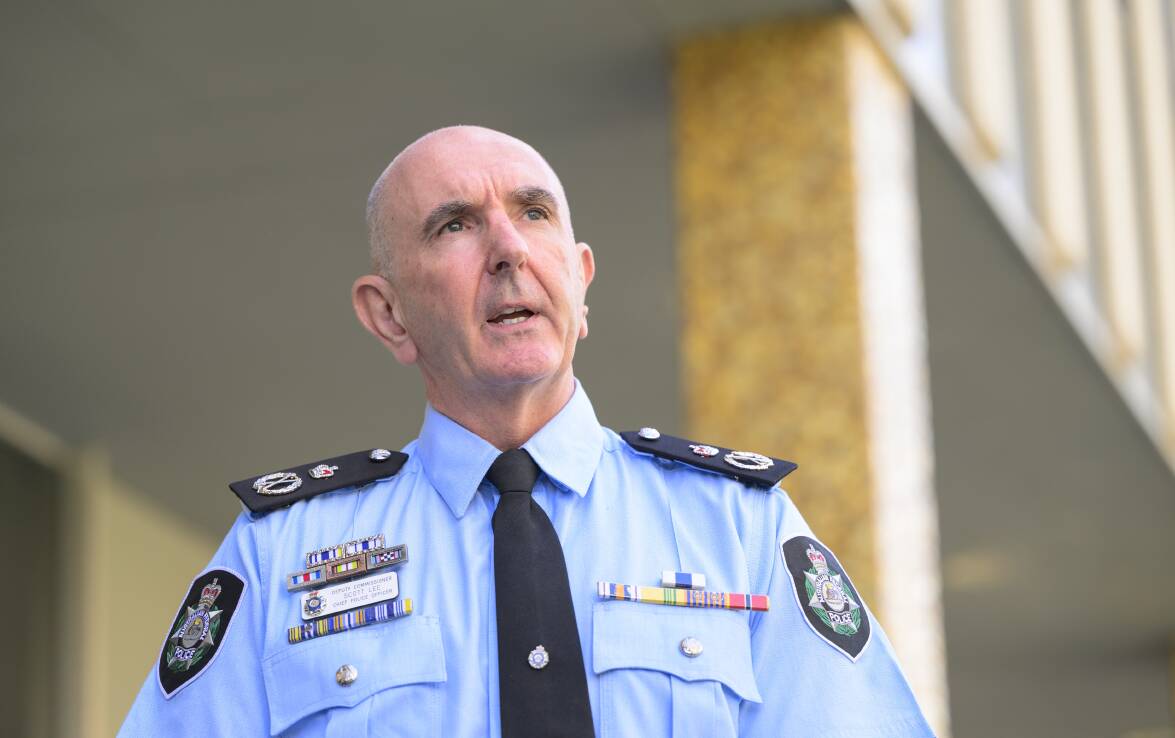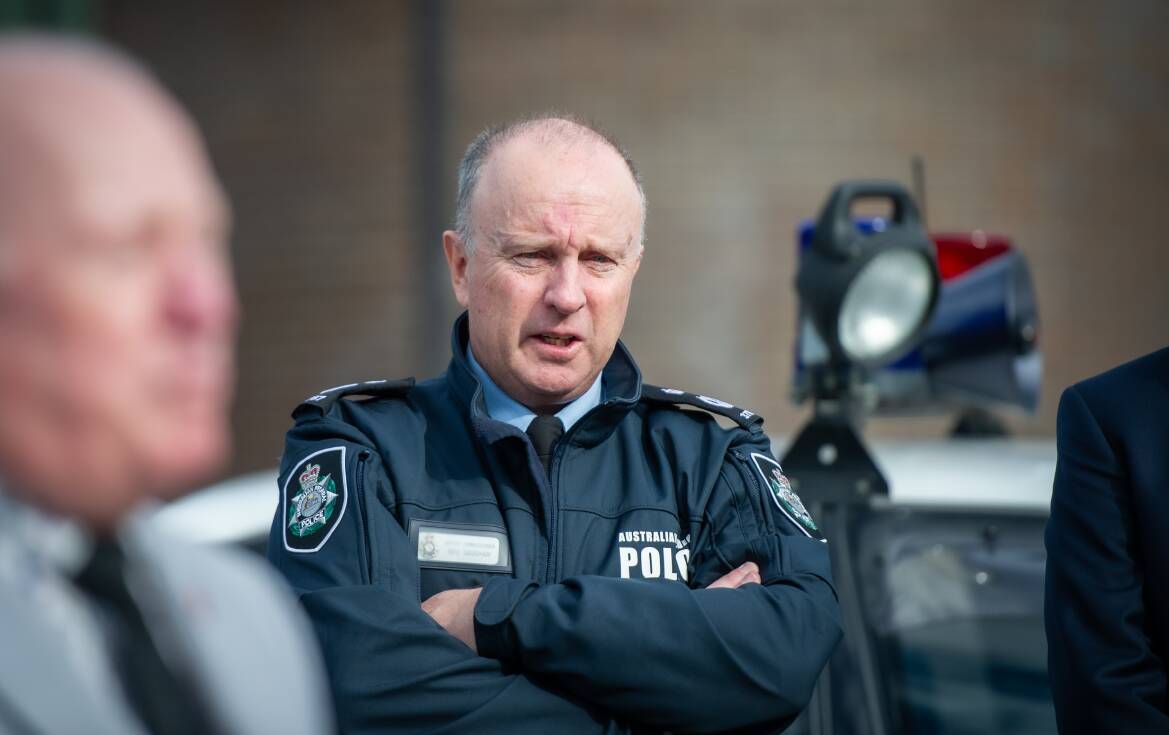After much fuss was made last year when the ACT government finally gave its contracted police more long-term money for officers they sorely needed, the new Chief Police Officer faces a tough slog ahead on other, equally difficult fronts.
Deputy Commissioner Scott Lee arrives with two of his five police stations embarrassingly out of action, wage negotiations stalled and other police jurisdictions actively trying to pinch his increasingly junior staff.
Sorting out this mess could take some time.
Gungahlin station has been emptied because of lead and diesel particulate/soot contamination in the roof cavity while leaky old City Station is almost abandoned, the uniformed officers very much enjoying the much nicer and newer temporary arrangements at Barton HQ.
It is almost certain that the next city police station will be an integrated one: an operational police station, a sizeable new administrative headquarters, and a watchhouse all rolled into one.
Designing, futureproofing and outfitting a new Canberra watchhouse - with all the necessary and complex security it needs, including human rights-compliant gender-segregated padded cells, multiple amenity inputs, interview and screening rooms - will be a hideously expensive business for a cash-strapped ACT government with $2 billion worth of future light rail to build.

The upside, however, is that the current Winchester Police Centre - a converted old trades training school from the late 1960s - now is sitting on a real estate "goldmine" site in Belconnen.
And it belongs to the ACT government, as does all the police infrastructure in the territory.

One of the worst things about being the country's only contracted police force is that key elements in the overall budget are well out of your control.
They belong to the Justice and Community Safety Directorate.
So outside the operational policing space, it's JACS - led by one of the territory's most powerful mandarins, Richard Glenn - which determines what is spent and where.
Like all his predecessors, Scott Lee will be serving two masters: the ACT government which controls the purse strings and his all-powerful boss in the federal police chain of command, Commissioner Reece Kershaw, whose contract will fall due this year.
Deputy Commissioner Lee is what the local, long-serving ACT officers call a "nasho" who has spent the vast majority of his career living in Canberra but working within the federal cohort, not in community policing.
He also has to win trust from the rank-and-file who are out there each night doing the necessary, mundane stuff - patrols, interviews, arrests - in the months ahead.
His predecessor, Neil Gaughan, went out swinging and was outspoken on a whole range of issues including sworn staff numbers - which have been the lowest per capita in the country for years - the crumbling JACS-owned infrastructure, and the revolving door of the ACT court system.
Perhaps it was the knowledge that he was retiring anyway, so he may as well speak his mind without fear of recrimination.

While Gaughan arrived as a "nasho", he left as a genuinely admired and respected community-based copper. Plenty of his predecessors were not as highly regarded.
With so many challenges ahead, Scott Lee will need to pick which ones are worth backing.
And with an election looming in October, also to ensure he has a political each-way bet.







